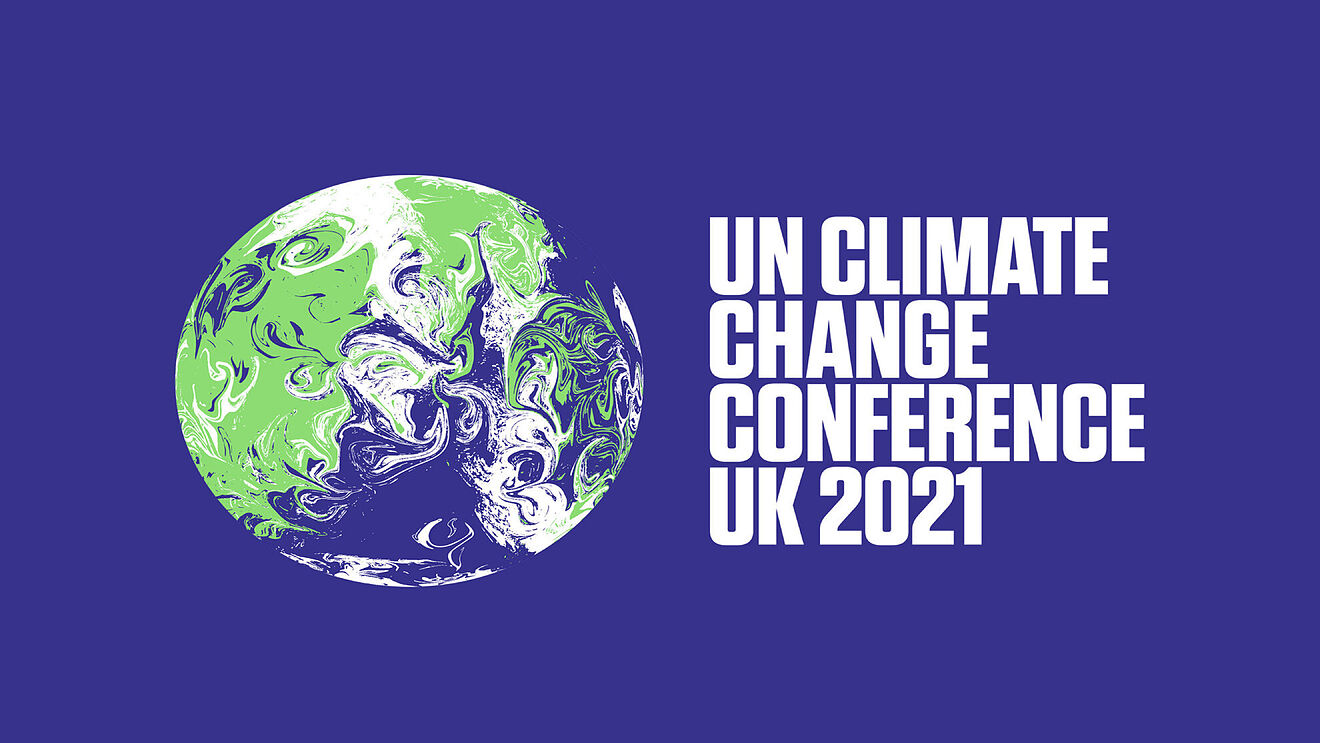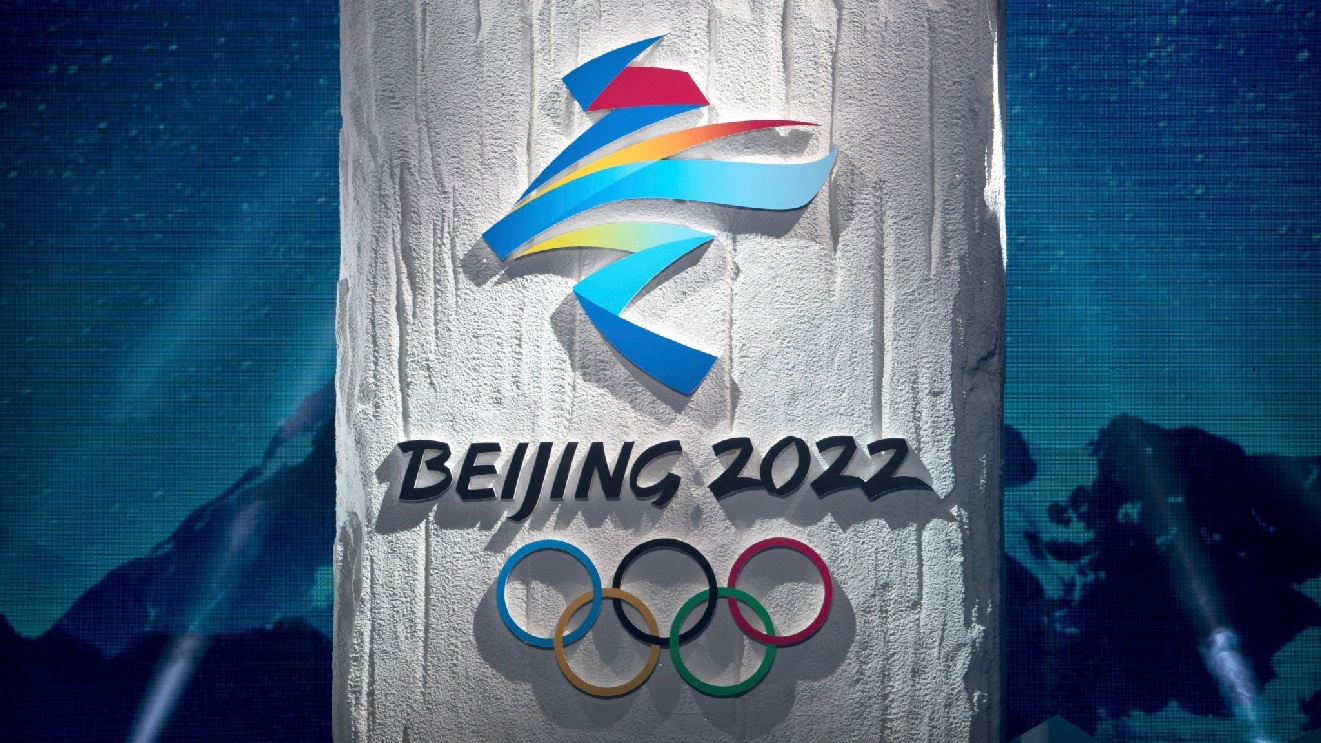
Face off at the first real Quad meeting
The first face to face meeting of the Quad partners, Australia, India, Japan and the US was hosted by US president, Joe Biden at the White House in Washington. Analyst, Hayley Channer, from the PerthUSA Centre has been watching the evolution of the Quad very closely and helped unpack the developments and implications that flow from the first real meeting.
The QUAD meeting on 24 September was the first offline summit meeting since Covid-19, what were the differences between the offline meeting compared to the previous online meetings?
I don’t think having one in person changes how successful it is, it’s just a matter of building the personal relations and the photo op, it looks more symbolically significant but because all the decisions are made prior to those meetings by officials and signed off already, I think their success doesn’t matter if they are virtual or in person.
So was it just public relations?
It’s a lot of stuff, I mean the in person is really important because, especially with something like the Quad, it can be personality driven and if you’re not meeting in person, you’re not building those one on one links and sometimes I think at a leader level too, literally on meeting sidelines, you can do a deal of some kind but with this Quad, because it has to be agreed between the four countries, it’s less likely you can do those kinds of deals on the side like you would for an APEC or East Asia Summit or something like that and this is also agreements between four countries which makes it more difficult that just two or just three. I’d say the best part about it is the symbolic nature of it. All those photographs of the four leaders strutting down the white house corridors and having photos out the front, that is a big symbol to the region of the commitment, especially in the Covid era because you know, Morrison had to do quarantine when he came back and as we’ve seen with him not wanting to go to the climate change conference, he didn’t want to do quarantine again so, sometimes the Covid era can tell you which meetings are important because our leaders are willing to do two weeks of quarantine when they return.
So the fact that they were prepared to endure the covid restrictions just to meet suggests that this was important enough to them to make it happen?
Yeah, exactly.
What came out of this meeting then, that is new?
What was good about their in-person meeting was they didn’t just treat it like a photo op, they did follow up with really significant commitments and more detail around the pledges from March. So, for example with vaccines, they’ve launched this website and if you look at the website, it’s not just a counter of how many vaccines they’ve distributed and how much money but there’s other links to like the Quad’s principles and values so, in that sense too, they’re using it like a branding initiative and sort of a soft power initiative so, it’s broader than just keeping track of their vaccine commitment but they’ve also announced other things. I was really sceptical that they were going to do anything on climate change because of our Morrison government and also India’s developmental status and the fact that India’s being held to a higher standard than the other countries were at the same level of development, but they did actually make commitments on climate change which in the March meeting the only said they were going to do something on climate change and the statement from March looked like a restating of national positions, whereas at the meeting in September, they said they’re going to work together on creating green hydrogen solutions and technology and they’re also going to clean up all major ports – one port in each of the four countries. There’s actually 12 commitments all up and they didn’t provide updates against all 12 areas but for things like the cyber group, they’ve got a cyber expert advisory group that’s going to meet regularly and going to provide a conduit between government and industry which is always so important and often the missing link – governments often announce something and not consider the private sector. So there was lots on in terms of more detail like in March they said they were going to launch this infrastructure group but they didn’t say anything about what infrastructure and in the new statement in September they are now talking about standards and bridging more towards the G7’s “build back better world” initiative that was announced in June and for the first time ever they mentioned India alongside the trilateral bluedot network certification scheme, this is kind of getting in the weeds a bit but to answer your question, there was more detail across all of the areas that were proposed in March so, instead of them just expanding the cooperation, and not providing any more depth to their existing commitments, in reality they did expand their commitment because they added cooperation on space and education in September but they also added detail on some of the other areas so.
So why was this a good meeting for Australia?
That’s a really good question. The best thing that we got out of it is the photo op in terms of visible commitment from those four countries that they’re willing to work together to provide more attractive alternatives than Chinese models. So, what we got out of it was visible commitment that the four countries at the most senior level of government are actually going to put some money towards funding initiatives that will be hopefully more attractive offerings than things like China’s Belt and Road Initiative, will help build people’s cyber security, on the critical technologies front, they agreed to cooperate on semi-conductors, so what we get out of that is we’ve got a real choke point, we use semi-conductors in everything and there’s a real choke point in that only a couple of countries produce them, like Taiwan, I heard that Japan’s also put a heap of money towards building their own semi-conductor fabrication unit so, if we’re able to create a supply chain with those four countries for easier access to semi-conductors well that secures that critical supply chain for us so, we can still use those chips in our mobile phones and tv’s and cars so, there were lots of wins across a number of areas but overall I think, it said that other much larger countries than Australia are willing to work with us to help solve some of our problems and that can hopefully give China pause that finally there’s some resolve from these larger countries to put their money where their mouth is.
What about the other countries what do they think, they got out of it?
Well in the same way they are feeling bullied too. India is feeling bullied because 20 of its soldiers were murdered on the border with China back in 2020, Japan feels bullied because of the number of incursions into its airspace. And the narrative in India at the moment is very, very anti-China and there’s a lot of nationalist sentiment against China so, in a similar way in the US, I’ve heard from US officials that only when the couch the Quad in anti-China terms do they get funding or support from the US congress and in India it’s a similar situation where public sentiment has really turned against China and anything that’s seen as countering or anti-China is supported.
Yet there is some commentary in India that says India does not want to be forced into taking sides in the US/China strategic competition? Are you saying they are now getting more seriously involved in the Quad?
Well it’s a great question because India has always been unaligned and still operates Russian military equipment so really how close is it to us? My sense is the foreign minister, Jaishankar, and I’ve heard this from multiple sources including our Australian embassy officials who returned from India, Jaishankar is the one who is pushing the Quad stronger than any other senior government official and I don’t think they know what their end goal is for the Quad, I mean they already have invited Australia’s participation back in exercise Malibar, so a maritime naval element of the cooperation has been restored and they’ve confirmed that they are going to invite Australia again next year and this is after years of a hiatus where Australian defence officials were every year requesting that we could participate and India just not even replying so, definitely the reason it’s changed is because China is threatening them like never before and also I think India is growing in its own right and its becoming a larger power, it doesn’t want to be pushed around by its neighbour China and then it’s also got the concerns about the total instability in Afghanistan now.
So are you saying India is now joining the anti-China side?
I think even if the Quad didn’t exist, they’d still feel the same way about China. I don’t think it’s the tail wagging the dog where the Quad has made them more anti-China or anything like that. They’re agreeing to be involved in it because they know they can’t handle the challenge that they’ve got alone and they’re looking for ways, not only to compete with China but also on some of the other problems that they’ve got outside of China.
Now the Japanese initiated the Quad, where are they at now?
I was surprised that they sent Suga because he was on the way out, I think it was actually one of his last days in office and I was surprised that they had the meeting with him and not the new Prime Minister but I guess governments put timelines on themselves and they agreed they must meet in person before the end of the year and I think they thought the easiest thing to do was just have Suga there but Japan is in a bit of a lame duck situation until their federal election and Kishida is confirmed. So, from Japan’s perspective it was the grandfather if you like of the Quad under Abe but they love the Quad. The funny thing is though, as much as they love the idea of the Quad, they can be the most difficult country to work with because culturally and bureaucratically they’re very slow to move, they have to check all of their, they have to go back and check everything with their seniors. So, they culturally don’t have a lot of autonomy to make decisions for themselves so, I did hear confidentially from the other Quad partners that Japan it wasn’t India that was the weakest link, it was Japan really dragging its feet and not seeming eager in meetings. So, definitely eager for the framework and desperately wanting to be a part of the framework but then slower to commit to concrete activities because of their bureaucratic and cultural limitations.
And for the US, they must be happy to have 3 other countries in the region effectively doing their bidding?
Yes, definitely and also it helps them reflect that they’re still in Asia and still important in the Pacific and it wasn’t until Biden came in that climate change reared its head as an actual topic that the Quad would work on together and I’ve heard too from Quad partners that they felt that Biden is trying to lock in the three other countries which are large carbon emitters or selling things that cause a lot of carbon, lock them into a climate change agreement to help his broader global aspirations for the 2050 target.
Were there any new topics that came up at the meeting?
Yes, they created space in education. So, they are going to send 25 students from each of the four countries so 100 in total to which ever Quad country they want to go to, to study, particularly in science, engineering, maths and technology. So, they’re continuing the theme of technology and on the space thing that’s looking at climate change and looking at changes in weather patterns and erosion and that kind of thing in the Indo-Pacific. So, in both the space and the education topics they have blended some of their other topics.
Ok, you’ve followed this very closely, are there areas that you are aware of that they struggle to find cooperation on?
Until recently it’s been climate change because the climate change commitment just didn’t say anything new but this time they did have some climate change topics which were more about the clean energy transition and cleaning up their ports rather than lowering emissions necessarily but I don’t know of any other areas of disagreement.
Going forward, what do you think are the areas these countries will struggle to cooperate on?
I think it’s not necessarily the areas themselves it’s more the bureaucracies, like there’s internal struggles between DFAT and Home Affairs about who runs what in critical technology and cyber because DFAT has a cyber ambassador, Home Affairs has the technology so I wouldn’t say necessarily that the countries find the topics themselves hard it would be bureaucratically there are disagreements about what’s a priority and how to handle it. The other areas that could be actually challenging could be like one of the areas mentioned is maritime security and it makes me think of defence technology and cyber and stuff and they might have a problem because India or Japan might not be as trusted as the Australian US relationship. We might not want to share our technology or show them what we do so, if we’re going to cooperate on cyber security or defence technology or anything like that, we might not be able to because we don’t have the same security classifications or we don’t have the same history as decades of trusted relationships and it might be very difficult to do that.
So the Australians will have to develop new boundaries?
Yeah, for instance, the Australian science and technology group works with the US, Japan and India but the relationships are all totally different levels so, that fact that it’s different levels of trust, could be a problem. And I think that’s what they’ve already struggled with and that’s why they’ve announced a cyber expert working group and that just means their experts are going to continue to talk rather than they’re going to implement firewalls or joint security in some way, in a technical sense and that’s the stuff that’s going to take decades to do. It’s the same as Australia trying to create a standard forces agreement with Japan and a reciprocal access agreement, I would argue Japan is Australia’s second most important security partner in the world and we still aren’t able to do that.
Clearly then there is a lot of work to be done if Australia is serious about pursuing the Quad as something more than signaling and public relations?
Yeah definitely, you are right there, I would just hesitate, you know the traditional avenues that people go down are to say this is just not good enough and even it looks like it did a lot, it didn’t really do a lot when in reality what they’re trying to do is so complicated, like just having these kinds of agreements with one other country bilaterally is hard, let alone four, let alone four as different as the four Quad countries. So, what they’ve done in the last 12 months is insanely fast and shows massive commitment, massive human resources. So, I would criticise the previous years if I was going to criticise anything but yes there is a lot more work to be done and it depends what you think the ultimate achievement the Quad could have is and what I think they’re going for is they want to change the values and ways of behaviour of countries in the region, mainly of course China, but also South East Asia and the Pacific and to change the behaviour of other countries through putting in standards and other stuff, like best practice stuff, that’s gonna just take decades. So, it’s gonna be a much longer-term thing that needs to be considered in the context of a long-term operation rather than just, oh it hasn’t done anything yet because up until March all the Quad was, was a dialogue and since March, just over six months, its only now committed to doing physically active work and it’s already delivered more than 80 million vaccines throughout the region so, I think it’s doing pretty well to be honest.

Hayley Channer
Based in Canberra, Hayley produces analysis on foreign and defence policy in the Indo-Pacific, engages with key Australian Government agencies and other policy stakeholders, and builds and sustains the Centre’s domestic and international network. Hayley has led a diverse career across government, think tanks and the not-for-profit sector.





Leave a Reply